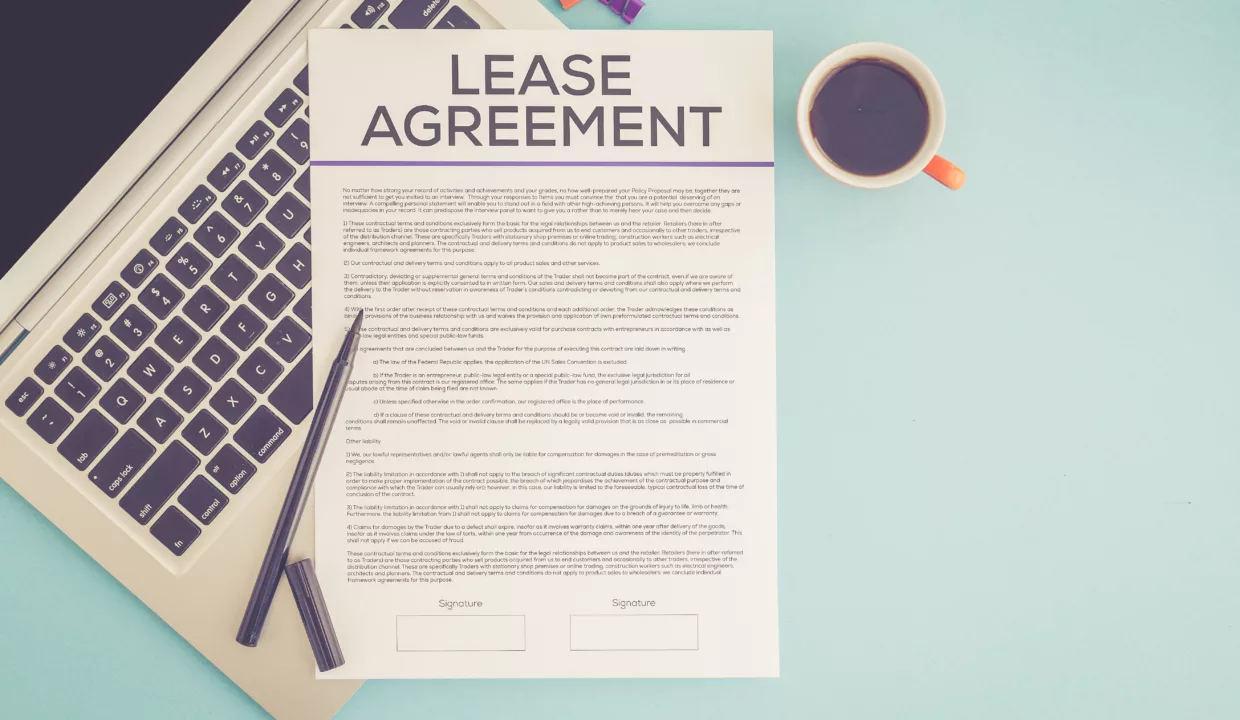
Suddenly finding yourself with too much office space on your hands isn’t the end of the world.
The good news is you have options with that space. For example, you can finally expand your storage area or you can look into sub-leasing that little corner of commercial real estate. If you’re interested in finding someone else to help pay for your desks or office for rent, there are several things to consider before putting out a call for a tenant.
Start with these three:
The time remaining on your lease. If you only have a few months remaining on your lease, it may not be cost-effective to start looking for a sub-lease, nor are you likely to find a tenant. In addition to the time it will take you to find that tenant, you’ll have to budget extra time to get the approval of your landlord. Unless you have a year or more to play with, continuing to pay your full lease or negotiating with your landlord to reduce your office space allotment before your lease is up will be a much better solution.
Any specific language in the lease about subleases. Many commercial office leases allow for subleases, so there may be specific clauses in your contract about them. Important questions to answer for yourself include what the maximum allowable percentage of your office space is for subleasing and if your landlord requires any rental profits to be shared.
Seat Leases. If you don’t need to rent out a lot of space, sub-leasing desks may be an option for your extra square footage. When leasing desks, be sure to detail what services are included, such as internet, reception, the use of office equipment, shared break rooms and so forth. You’ll want to avoid the appearance of an employee or partnership relationship with your tenants, it helps to rent your extra desks to people in entirely different fields. Another useful strategy is to sub-lease desk space to people in industries that serve your own, such as accountants or marketing experts.
Sub-leasing commercial real estate isn’t for every company, so unless you’re completely comfortable with vetting your potential tenants and collecting rents from them for the life of their lease, it may behoove you to find a good commercial real estate agent to act on your behalf. This is an additional expense you’ll need to figure into your lease fee, on top of any maintenance or equipment that your tenant is going to expect you to provide.
Without good planning, sub-leasing can be much more of a headache than first-time landlords expect and if the space is small or the cost savings minor, it may pay to simply add another conference or training room to your facility.
